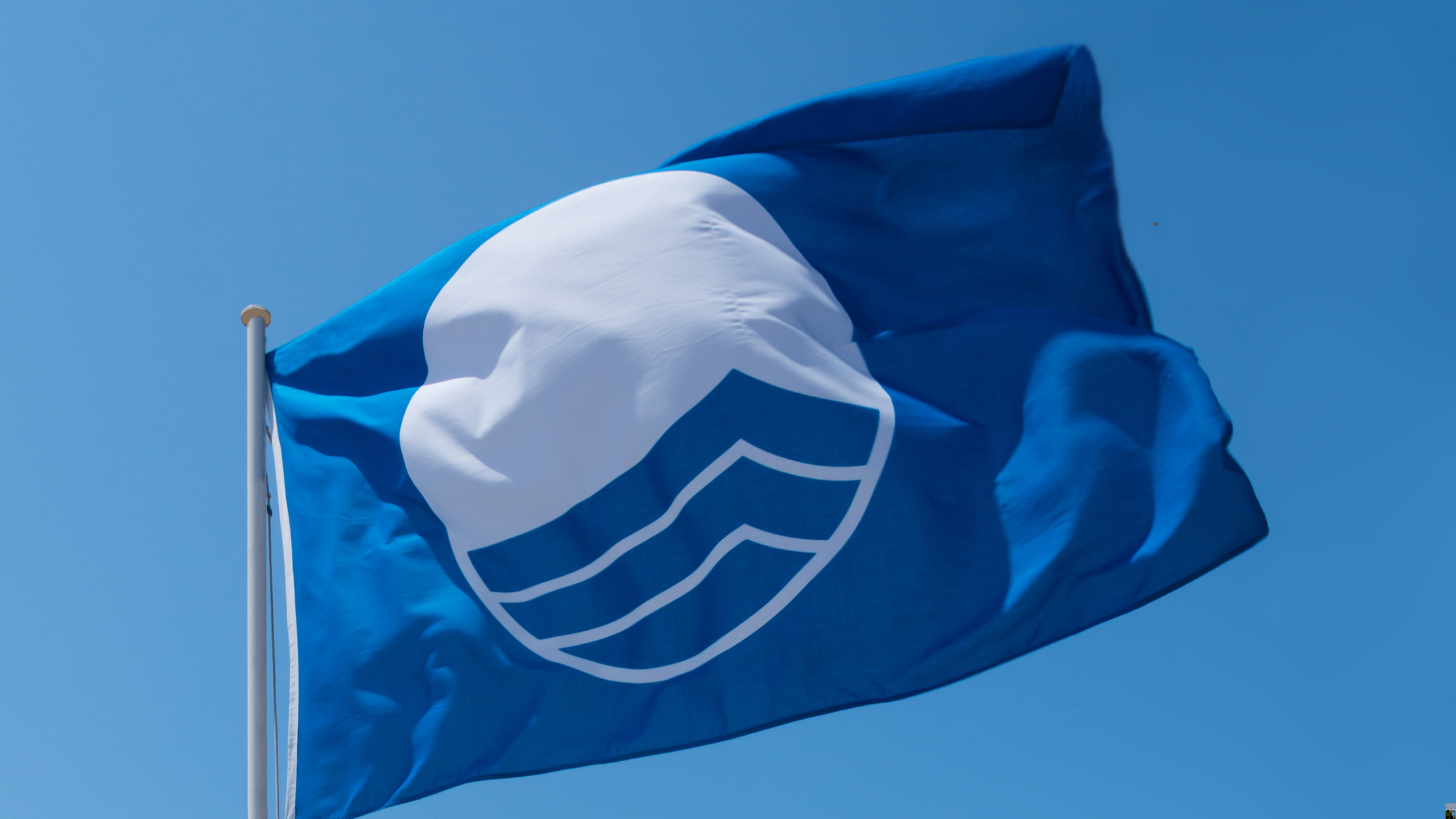When planning a trip to the beach, you may come across the term "Blue Flag Beach." But what does it actually mean, and why is it important for beachgoers? The Blue Flag is a globally recognised certification awarded to beaches and marinas that meet high standards of environmental management, water quality, safety, and services. This certification acts as a signal to visitors that the beach is clean, safe, and environmentally friendly.
In this guide, we’ll explore what it takes for a beach to earn a Blue Flag, the benefits of visiting a certified beach, and some examples of Blue Flag beaches in the UK.
What Is the Blue Flag Program?
The Blue Flag program is run by the Foundation for Environmental Education (FEE), an international non-profit organisation that promotes sustainable development through environmental education. Launched in France in 1985, the program now operates in nearly 50 countries, including the UK. Beaches and marinas that meet strict criteria can apply for the Blue Flag status, which is renewed annually to ensure ongoing compliance.
Criteria for Blue Flag Certification
To be awarded a Blue Flag, beaches must meet a set of stringent standards in four main categories:
-
Water Quality
One of the most critical factors is maintaining high water quality. The beach must have excellent water that is tested frequently to ensure it’s free from pollutants like sewage or industrial waste. Beaches must also comply with international water quality standards. -
Environmental Education and Information
Blue Flag beaches must actively promote environmental education and awareness. This could include providing information about local ecosystems, marine life, and conservation efforts. Many certified beaches offer educational activities and have visible signage on environmental issues. -
Environmental Management
The beach must be well-maintained, with appropriate waste disposal facilities, including recycling bins. Litter management, proper care for natural habitats, and efforts to prevent erosion are also required to protect the beach’s natural environment. -
Safety and Services
Safety is paramount for a Blue Flag beach. Lifeguards must be present, or adequate safety equipment should be available. In addition, the beach should offer clean restrooms, safe access, and well-maintained facilities, such as showers and changing rooms. Disabled access is also a key component.
Benefits of Visiting a Blue Flag Beach
Choosing to visit a Blue Flag beach offers numerous advantages:
-
Cleanliness: You can trust that the beach is regularly cleaned and well-maintained, meaning a more enjoyable and safe environment for families and visitors.
-
Safety: Beaches with Blue Flag status must have lifeguards or safety equipment, ensuring that help is on hand if needed. This makes Blue Flag beaches ideal for swimming, especially for families with children.
-
Environmental Awareness: Many Blue Flag beaches offer educational programs about local wildlife and the importance of environmental protection, allowing visitors to enjoy nature while learning how to conserve it.
-
High-Quality Water: The regular testing and monitoring of water quality mean that you’re swimming in clean, pollution-free water, minimising health risks.
Blue Flag Beaches in the UK
The UK is home to numerous Blue Flag beaches, recognised for their cleanliness, safety, and environmental care. Some notable Blue Flag beaches in the UK include:
-
Porthminster Beach, Cornwall: Located in the popular surf town of St Ives, Porthminster Beach is famous for its crystal-clear waters, soft golden sands, and excellent facilities, making it a favourite for families.
-
Rhossili Bay, Wales: Situated on the Gower Peninsula, Rhossili Bay is often hailed as one of the UK’s best beaches. It boasts breathtaking views, clean waters, and plenty of space for visitors.
-
West Wittering Beach, Sussex: This beach is loved for its wide sandy shores, beautiful dunes, and excellent water quality. West Wittering Beach is also known for its focus on conservation and protecting local wildlife.
-
Bournemouth Beach, Dorset: A popular tourist destination, Bournemouth Beach has earned its Blue Flag for its well-maintained facilities, water safety, and environmental awareness programs.
Why Blue Flag Certification Matters
The Blue Flag certification isn’t just a badge of honour; it serves as a guarantee that the beach you’re visiting prioritises environmental sustainability, safety, and public enjoyment. In a time when protecting natural resources is more important than ever, choosing to visit a Blue Flag beach ensures that you’re supporting beaches that are committed to maintaining high standards.
Moreover, for beachgoers who want a clean, safe, and environmentally responsible experience, Blue Flag certification provides reassurance that these aspects are being carefully monitored and maintained.
Final Thoughts
Next time you’re planning a beach getaway, look for the Blue Flag! It’s more than just a symbol of clean water; it’s a commitment to sustainable, safe, and enjoyable beach environments. With plenty of Blue Flag beaches across the UK, you can rest assured that your beach day will be one to remember—for all the right reasons.




